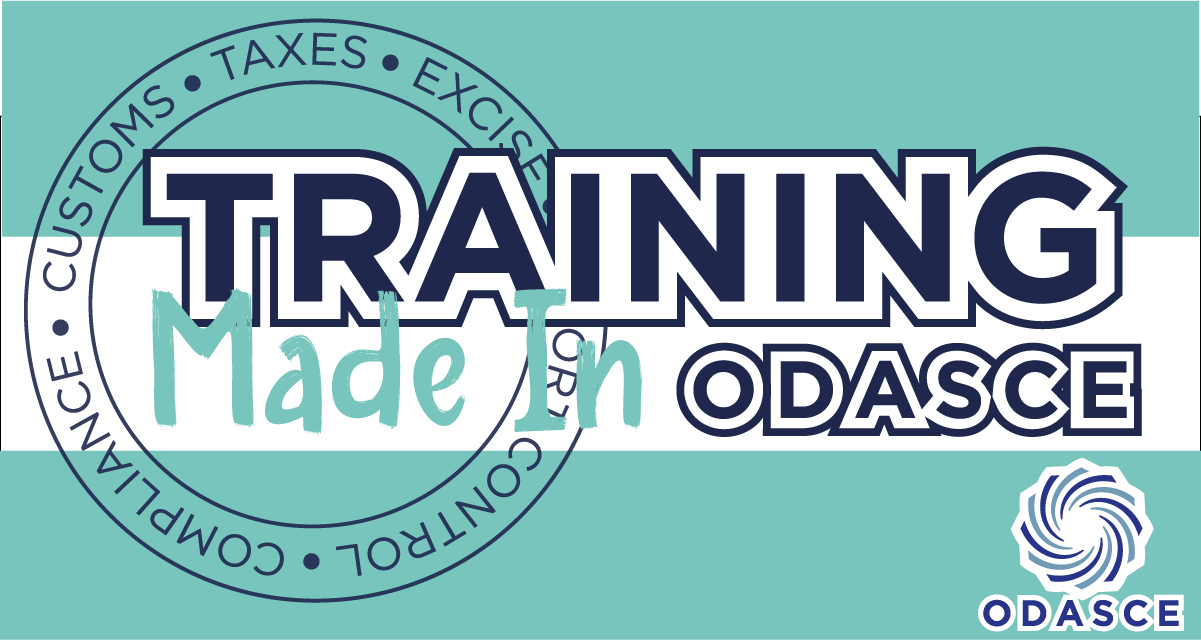WCO launches its Performance Measurement Mechanism
17 October 2023
By Valentina Ferraro and Maka Khvedelidze, WCO SecretariatA common approach to performance measurement
The WCO has developed many self-assessment tools over the years, to enable Customs administrations to determine where they stand with respect to the adoption of WCO standards and recommended practices, to monitor how the Customs clearance service is being carried out, as well as to measure the impact of reforms and programmes on border processes.
For a long time, however, there was no tool to assess Customs efficiency and effectiveness in a comprehensive manner, and hence Customs administrations were using various methodologies to do this. With evaluation being at the centre of discussions among the players in international development aid, including at the WCO, where Customs administrations have been repeatedly asking the WCO Secretariat to measure the quality of its interventions, the WCO decided in 2019 to set up a Working Group on Performance Measurement (WGPM) with the aim of developing a comprehensive WCO Performance Measurement Mechanism (WCO PMM) for Customs.
WCO Performance Measurement Mechanism
The WCO Performance Measurement Mechanism (WCO PMM) was endorsed by the Council in June 2023. It pivots around four dimensions: Trade Facilitation and Economic Competitiveness; Revenue Collection; Enforcement, Security and Protection of Society; and Organizational Development. Each is divided into expected outcomes with corresponding Key Performance Indicators (KPIs). A progressive approach has been taken regarding the development process for the KPIs and the first version of the WCO PMM (PMM v.1) includes only a limited set of 23 expected outcomes with the corresponding KPIs (51 in total).[1] The KPIs included in the first version of the PMM relate to Customs administrative data. Many administrations already have a national performance measurement system in place and therefore just need to add those KPIs that are not yet covered by their system. Customs administrations can choose not to use a KPI if it cannot be measured due to national specificities.
Customs administrations are also able to decide whether to make information on the results of the assessment public, to share it with other Customs administrations, or to keep it confidential. Conducting a PMM assessment is voluntary and is to be divided into two consecutive phases. First the administration is to conduct self-assessment, organized in a biennial cycle. Second, WCO experts are to carry out a peer review, upon request, thus ensuring the credibility of the assessment process and its quality. Once an initial assessment has been carried out, it will have to be repeated on a regular basis. In other words, KPIs will have to be monitored over time. Guidance material has been developed and the WCO Secretariat will offer continuous support during the process.
Benefits
The implementation of the WCO PMM will enable Customs administrations to identify areas where capacity needs to be built or strengthened, including through the intervention of the WCO Secretariat.
The effective implementation of the WCO PMM is expected to lead to several other benefits. For the WCO Secretariat, it will provide an indication of the impact of its interventions, which will enable it to adapt and enhance its capacity building programmes and to mobilize funding.
The WCO PMM also aims to build capacities for the proper interpretation of results and, in the long run, to enable Customs to build their own evaluation capabilities, making evaluation the standard practice.
Online platform
By the end of 2023, WCO Members will be invited to participate in the first phase of the WCO PMM by submitting data via the WCO PMM online platform. Reporting has been standardized, and data will be presented in the form of tables and diagrams.
The platform is accessible to WCO Members only. A letter has been sent to the Directors General of WCO Member Customs administrations asking them to nominate a WCO PMM coordinator who will be responsible for managing access to the platform at the national level based on the following roles: National Contact Point(s) (NCP), who will enter data, and National Read-Only (NRO) users, who will only be able to view data.
Data has been divided into three categories according to the applicable level of protection: national-level data (national NCP and NRO, as well as peer reviewers), WCO-level data (WCO Members and Secretariat staff) and public data.
Maintenance
As the WCO PMM aspires to be the global mechanism to measure Customs performance, changes to it must follow a robust amendment procedure. A Performance Measurement Mechanism Project Team (PMMPT) has been set up to enforce the procedure, review the quality of the data submitted through the online platform, measure the extent to which WCO tools and instruments are applied, collaborate with other WCO working bodies on the elaboration of new KPIs to measure the implementation of the main WCO tools and instruments, organize and monitor the peer reviews, and provide capacity building assistance.
More information
https://www.wcoomd.org/en/topics/capacity-building/instrument-and-tools/pmm.aspx
See the article by CBSA: Performance measurement: Canada’s perspective

